Building a career in the electrical trade requires personal investment in continuing education.
Knowledge of the National Electrical Code is the common thread that connects entry-level apprentices to the seasoned journey-level or veteran master electricians with many years of experience in the field. As one starts out in the electrical field, his or her exposure to and use of the NEC is minimal, but before long, serious electricians realize the importance of Code knowledge in their day-to-day work. Training in electrical theory together with an understanding of how and why things work allows them to properly apply the Code rules to electrical installations.
The experience and training gained early in an electrical career definitely have an impact on one’s ability to advance in this dynamic industry where many changes happen from year-to-year and even day-to-day. Because of technological advances, change is inevitable. As the demands for knowledge of electrical systems such as photovoltaic systems, fuel cells, intrinsically safe circuits, and other electrical installations from installers increase, so do the needs for continuing education of industry and enforcement of the Code requirements for these topics. Consequently, it is safe to say that training is definitely ongoing. To say an individual is trained in the electrical trade means one has completed the basic elements of classroom and on-the-job experience. The action of training is ongoing, with quality communication being the key. Communication between inspectors and installers is established through common field experience and application of the words of the NEC. Through good communication, learning and understanding are easier.
The quality of one’s reputation is directly related to his or her ability to communicate and work effectively with the electrical industry. Industry professionals often gain respect and recognition as experts through years of work in the Code and its development process. Interestingly, they do not refer to themselves as experts, but students of the Code. Perhaps it is because the higher one climbs on the knowledge ladder, the clearer one can see. In other words, when one realizes how much is known, it is easier to realize how much is unknown. Thus, there is the continuous quest for knowledge. The same holds true for the one’s knowledge of the National Electrical Code.
Continuing Education
The NEC changes too fast from cycle to cycle to not stay current with the rules. Many industry professionals have been blindsided by new Code requirements because there was no means of mandatory updates to maintain credentials (licenses) as journeypersons or inspectors. Many regulatory agencies and organizations involved in issuance of licenses to qualified installers and inspectors require certain amounts of continuing education units in the area ofCodeupdates. This renewal process usually is in step with the publishing of a new electrical code every three years. Each time the Code is revised, those involved in the field of installation, design, or inspection must make additional efforts to become familiar with the revisions and changes and the impact they have on safety. Many jurisdictions at the state and local levels have allocated regular ongoing training sessions for their construction code inspectors. This is probably the best method of staying current in the NEC because it happens on a regular basis. If this is not feasible, many other NEC update-training seminars are available. In those areas where there are no requirements for continuing education training, this updating process is a usually an individual responsibility.
Transition from Electrician to Inspector
Some electrical industry professionals work for several years in the business, and then desire to move into the field of electrical inspection, an important and necessary aspect of the electrical trade. As one starts the transition from electrical craftsperson to electrical inspector, use and application of the NEC become a day-to-day function. First, one must learn the minimum Codes and develop a clear understanding of the minimum standard rules for safety, and demonstrate the ability to approve an installation based on minimum Code compliance. Inspectors will all agree that it is most important to attain substantial Code compliance, meeting the intent of the Code, and performing the job in a uniform, consistent manner.
Electrical inspector certification is one method of knowledge assessment that demonstrates minimum knowledge of the use of the Code. It should be noted that most certification programs evaluate the applicant on that basis alone. While these programs certify that one has demonstrated ability in finding information in the codebook, they rarely assess one’s ability in applying the rules.
Uniform and consistent application of the rules in the Code from region to region is largely dependent on the training requirements in those areas. Many of the rules contained in the Code require a qualified person who has a general working knowledge of electrical systems and how the rules apply to the whole system. The Code refers to qualified persons as, “One who has skills and knowledge related to the construction and operation of the electrical equipment and installations and has received safety training on the hazards involved.”1 The term “qualified person” is intended to be applicable to those involved with installation and inspections also. Inspectors must be aware of the hazards involved to effectively carry out the responsibility of electrical inspection. Qualified inspectors carry the appropriate credentials (certifications, licenses, or both) and have the ability to communicate effectively about the requirements when gray areas are encountered in the field to ensure that the spirit and intent of the Code have been met.
A new Article 80 was proposed and accepted for the 2002 NEC and will include administrative provisions for the NEC. Included in Article 80 will be information relative to qualifications for electrical inspectors.
Commitment to safe electrical installations and the thirst for knowledge are two important qualities electrical inspectors should have. Staying current with the requirements of theNECshould be a regular part of electrical training programs, both for installers and inspectors. The thirst for knowledge is ongoing in the electrical field as changes in the requirements are inevitable. Continuing education is an action that is ongoing and must be included in the professions of both electricians and electrical inspectors.
IAEI continues to offer high-quality, electrical training programs that satisfy the continuing education and training needs of those active in the electrical field. If you’re not getting electrical code training from IAEI, please, get help somewhere.
1 Article 100, NFPA 70,National Electrical Code, 2002 Edition. (National Fire Protection Association, Quincy, MA), p. 70-23.

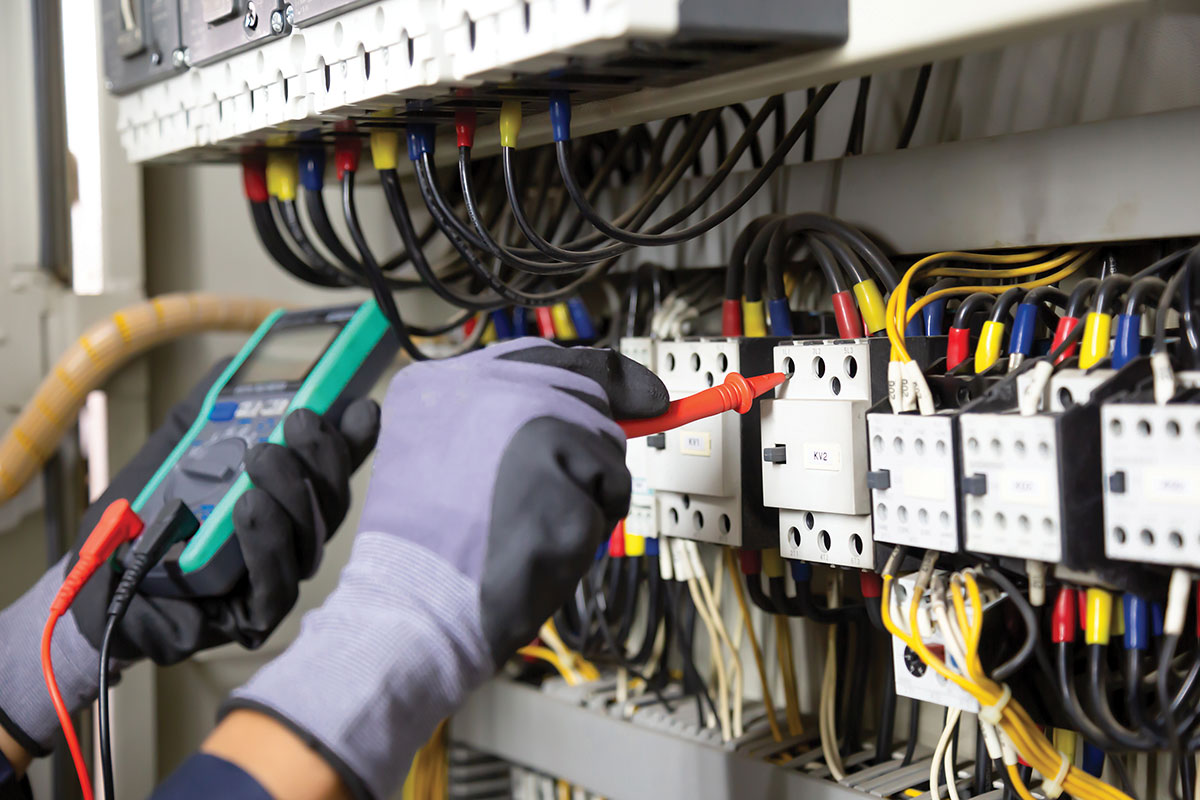
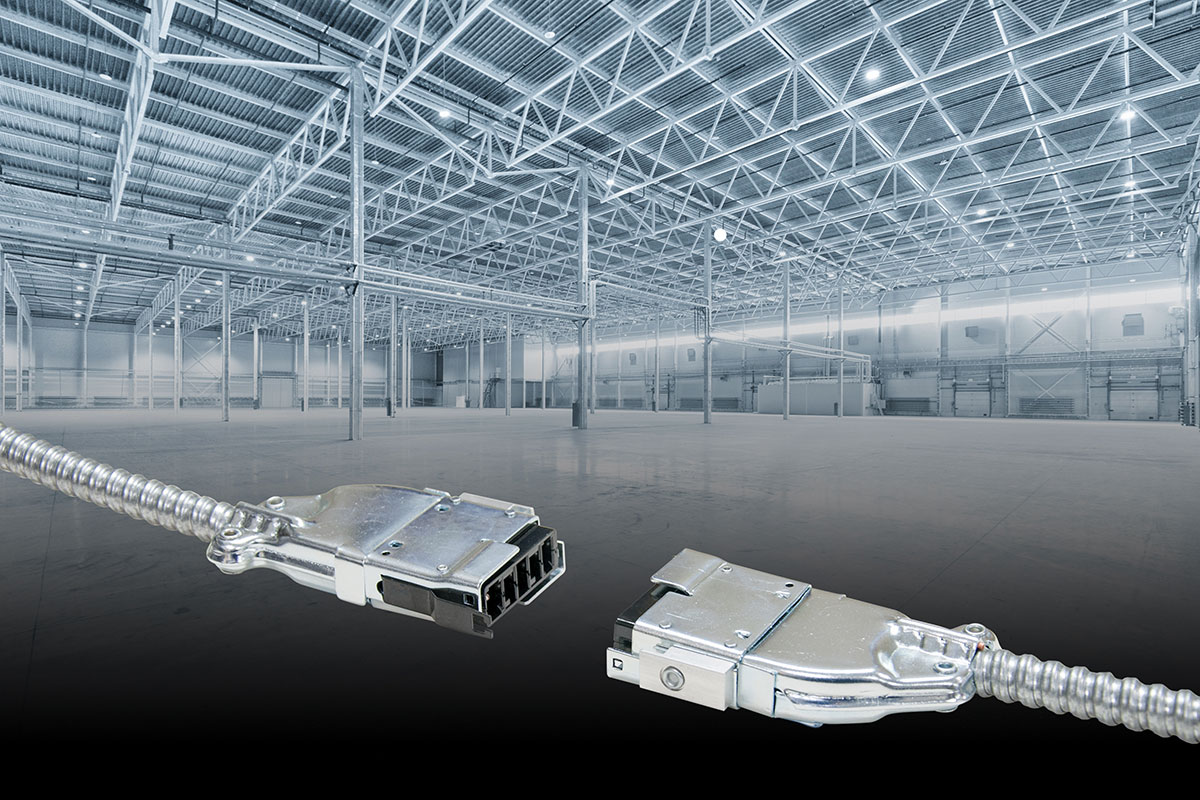

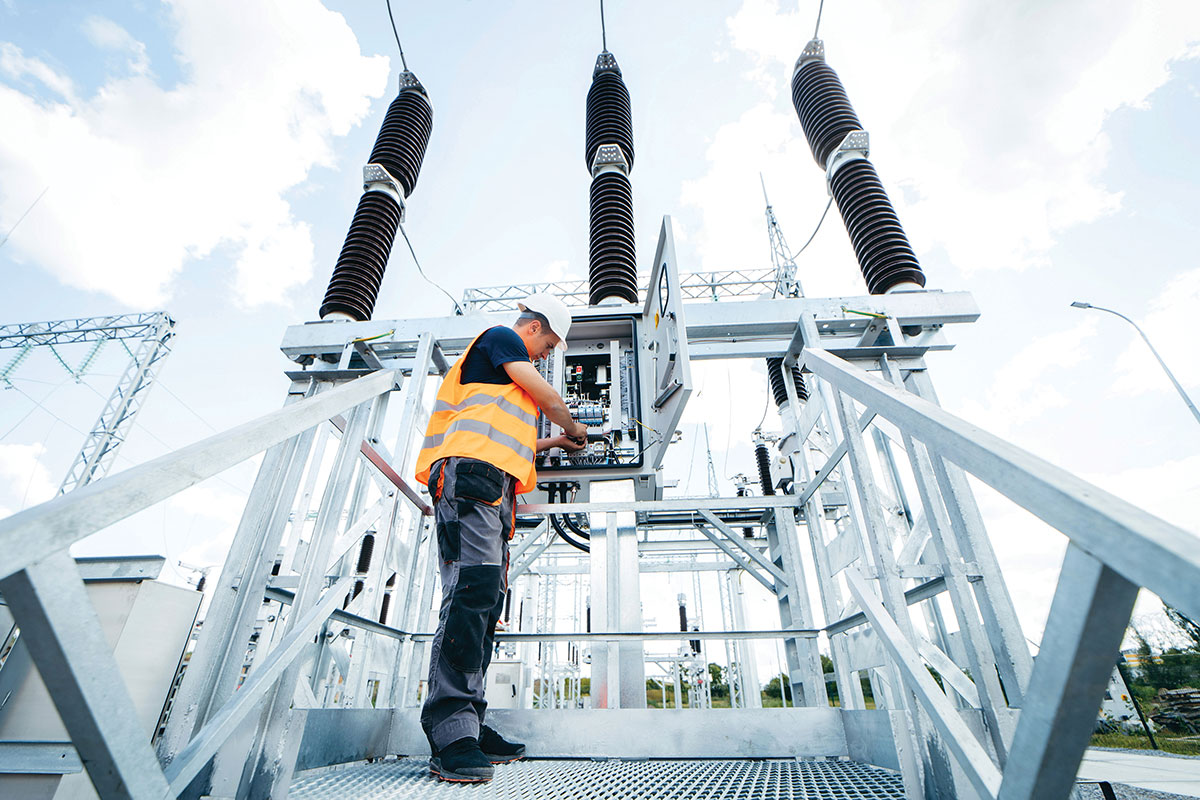






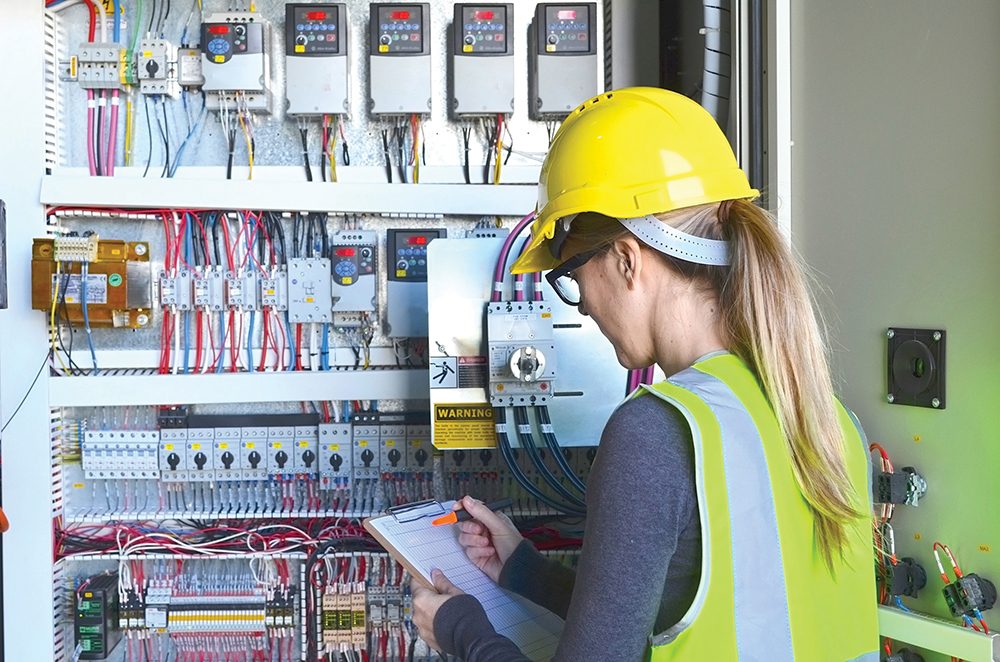
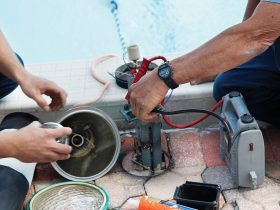
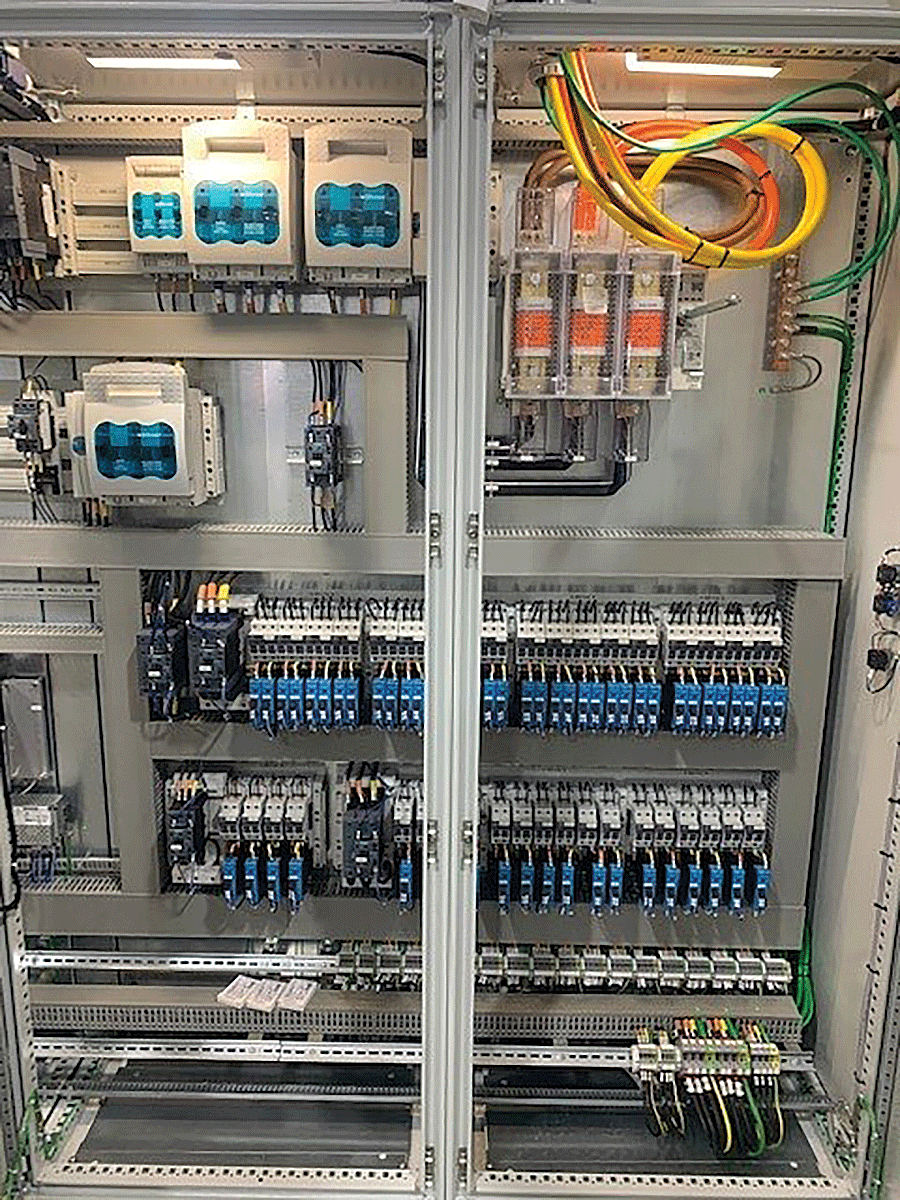
Find Us on Socials